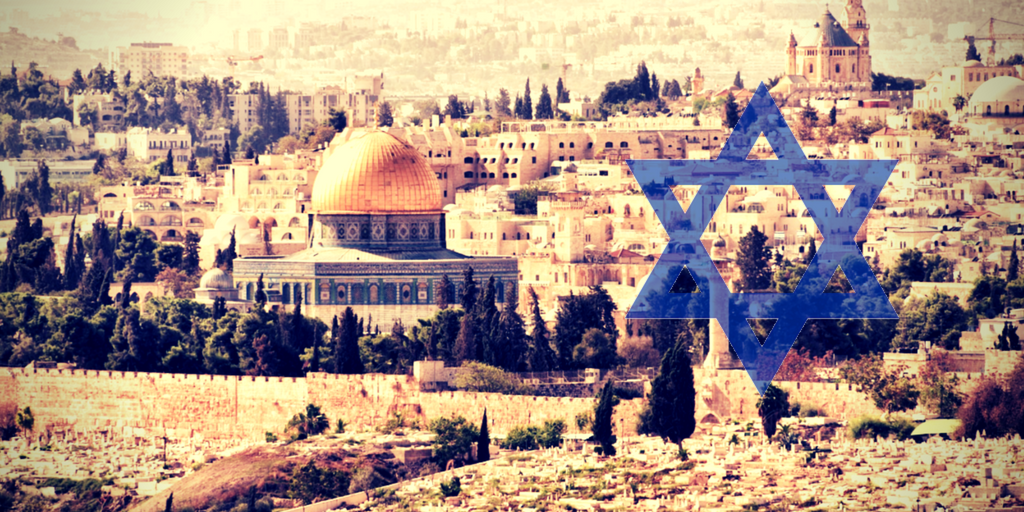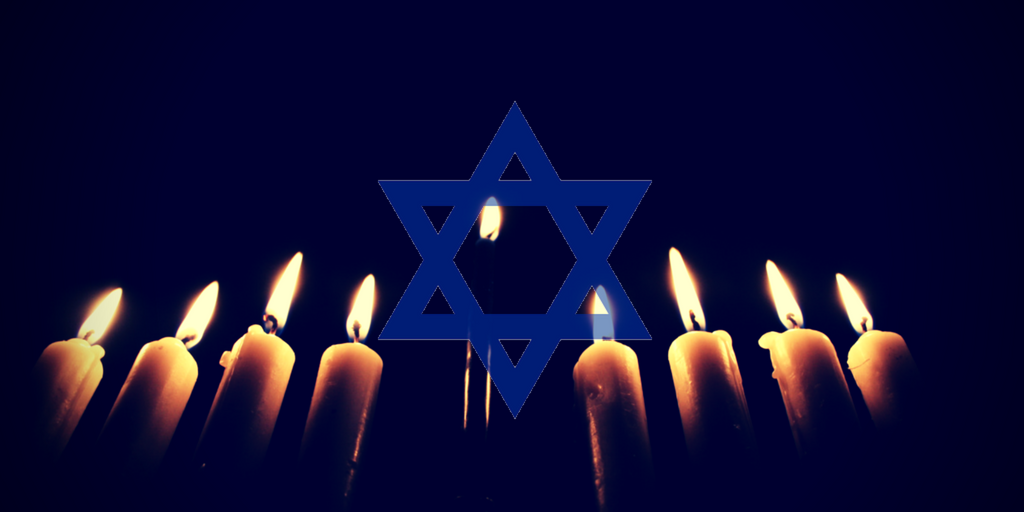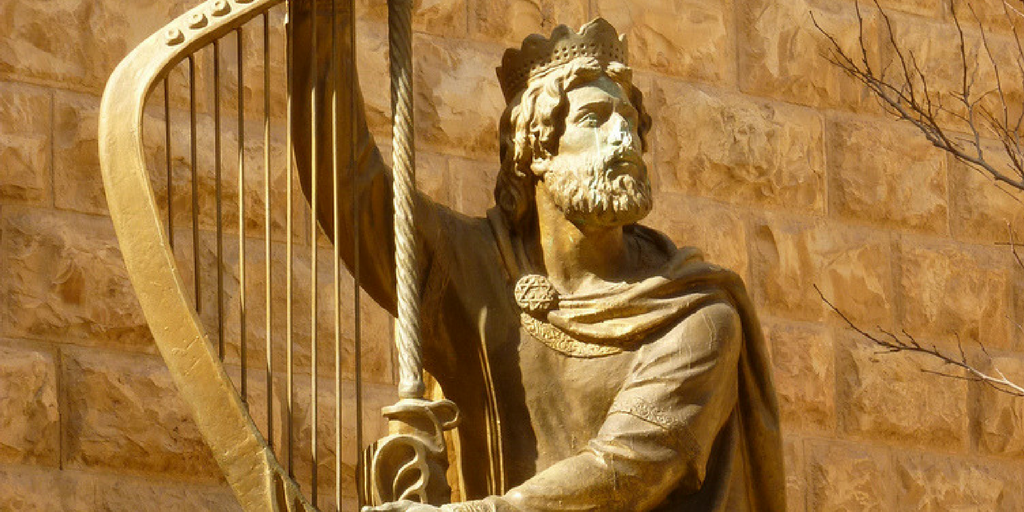Leadership has played – and continues to play – an essential role in the life of the Hebrew Nation. While Israel has at times been blessed with great shepherds who have brought our people to incredible heights, poor leadership has too often resulted in disaster. VAYAQHEL offers a glimpse of improper Jewish leadership, from which we can discern the attributes a true leader should possess.
“The leaders brought the shoham stones and the stones for the settings for the Ephod and the Breastplate; the spice and the oil, for illumination and for the anointment oil and the incense spices.” (SHEMOT 35:27-28)
Rashi cites Rabbi Natan on this verse, noting that the word “leaders” (Nesi’im) is spelled without the two yuds the word would normally include. He explains the defective spelling of their title as an implied rebuke for having not brought their gifts until everything else had already been contributed. Assuming that the general contributions would not be enough, the tribal chiefs waited to see what would be lacking so that they themselves could provide it. Because the national response was so generous, however, there was almost nothing left for the leadership to contribute.
The Talmud states that “G-D cries over three things each day… one of these is a leader who behaves arrogantly towards the public” (Ḥagigah 5b). Rabeinu Baḥyah teaches on this that “For it is the way of leaders to look down upon the rest of the people… and thus leaders brought the stones that rested on Aharon’s heart, in order to atone for the arrogance of their hearts. These leaders had been lowly slaves in Egypt and were now princes of Israel. Upon receiving their high appointment, they immediately began to look down upon their brothers.”
Because Israel’s tribal chiefs were idle in their participation, the Torah spells their title defectively. Had their exhilaration over the Mishkan been equal to that of the masses, they would have immediately joined in the national spirit of generosity. But influential people often view themselves as superior to their public and are unwilling to compromise their status in society. This contemptuous attitude is precisely what leads people in positions of responsibility to harm the national welfare in favor of advancing personal agendas.
The Maharal of Prague teaches in Netivot Olam that a leader who relates to his public with arrogance can easily begin to rule through coercion and brute force. He can become a tyrannical dictator, persecuting any who stand in the way of his ambitions. Throughout history, this type of leadership has resulted in calamity for the Children of Israel. An attitude of false superiority can often cause a person to neglect what is best for his people in favor of personal success or political gains. Such arrogance can even drive a leader to sacrifice innocent lives or portions of his people’s homeland in exchange for the fleeting approval of foreign rulers.
The ideal Torah concept of melekh (generally translated into English as “king”) differs greatly from the monarchs who rule over other peoples. A melekh is the concentrated expression of the collective Israeli soul – Knesset Yisrael– that manifests itself in our world through millions of bodies revealed in space and time as individual Jews. Themelekh does not actually rule over Israel but rather embodies the mission and aspirations of his nation to the extent that he becomes a microcosm of the entire Jewish people and his personal identity is absorbed into Israel’s collective national identity.
On BEREISHIT 36:3, Rashi quotes our Sages as teaching that just like a single person getting married or a gentile naturalizing into Am Yisrael, one who rises to high office has his previous transgressions wiped clean.
The Maharal elaborates in his Gur Aryeh on Rashi’s commentary that “The reason for all three is that they become new human beings… a prince who rises to high office – before he was an individual person and now, so to speak, he ‘is’ his entire people.”
Rashi also understands the verse “And Israel sent emissaries…” (BAMIDBAR 21:21) to teach: “When the melekh (in this case Moshe) sends, it is as if the entire nation sends. That is why when a leader takes power, he is a new person and his previous sins are forgiven.”
Unlike the tribal chiefs, who demonstrated less enthusiasm than their people for the Mishkan, a true leader of Israel leads his nation by displaying even greater passion and fervor in serving HaShem. This is clearly exhibited in the behavior of David.
“David danced with all [his] strength before HaShem; David was girded in a linen tunic. David and the entire House of Israel brought up the Ark of HaShem with loud, joyous sound, and the sound of the shofar.” (SHMUEL II 6:14-15)
David remains the paradigm of the ideal melekh, setting the ultimate standard for all future Jewish leadership.
“His [the melekh’s] heart is the heart of the entire congregation of Israel.” (Hilkhot Melakhim 3:6)
Like the heart, which is one of the smallest organs of a body yet provides for that body’s entire energy and life force, a melekh generates and directs the character and vitality of the entire Hebrew Nation. In this vein, the Midrashstates that “The leader of the generation [represents] the entire generation.” (Bamidbar Rabbah 19:28)
To assist our leaders in properly fulfilling their roles, the Torah offers statutes to promote an attitude of responsibility, such as the commandment for a melekh to write for himself two copies of the Torah.
“It shall be that when he sits on the throne of his kingdom, he shall write for himself two copies of this Torah in a book, from before the Kohanim, the Levi’im. It shall be with him, and he shall read from it all the days of his life, so that he will learn to fear HaShem, his G-D, to observe all the words of this Torah and these decrees, to perform them, so that his heart not become haughty over his brethren and not turn from the commandment right or left, so that he will prolong years over his kingdom, he and his sons amid Israel.” (DEVARIM 17:18-20)
A melekh is commanded to write and read his own Torah in order to prevent his position of leadership from creating within him a feeling of arrogance toward his brothers. By delving into the deeper secrets of Torah, amelekh can gain a higher awareness that although we may each play unique roles in Israel’s national life, we are all in fact parts of a greater whole and no man can truly reign supreme over others. Even learning the Torah on a surface level enables a leader to understand the past failures of his people in order that he personally strive to correct these shortcomings and lead the Nation of Israel in fulfilling our historic destiny.
Genuine Hebrew leadership is the higher calling to unite and inspire Israel towards reaching our full potential as the nation that manifests HaShem’s Ideal in all spheres of life. This national mission is the essence of what a king must fully absorb into himself so that he may place Israel’s honor and wellbeing before his own. Such leadership is vital for Israel to succeed in bringing about history’s ultimate goal – that the Divine Ideal be seen, felt and perceived in everything that exists so that all may understand themselves as active participants in the greater story of mankind. It is the deterministic blueprint of human development that all peoples unify behind Jerusalem’s leadership in ushering in a world of total goodness and perfection – a world where each people fully expresses itself as an essential organ of a greater body with Israel serving as the heart.






